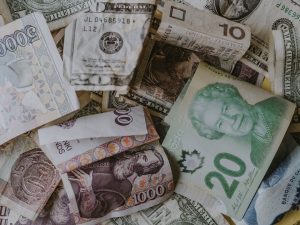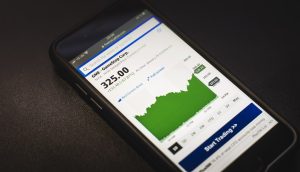Forex brokers are companies that provide traders with access to the foreign exchange market. They act as intermediaries between buyers and sellers, facilitating the execution of trades and earning a commission in the process. Forex brokers are regulated by various authorities around the world, and in the United States, they must obtain a license from the National Futures Association (NFA) to operate legally. In this article, we will explain what license is needed to become a forex broker in the USA.
The NFA is a self-regulatory organization that oversees the activities of firms and individuals that participate in the derivatives markets, including forex brokers. The NFA was created in 1982 to provide regulatory oversight of the commodity futures industry and has since expanded its scope to include forex brokers. The NFA operates under the oversight of the Commodity Futures Trading Commission (CFTC) and is responsible for enforcing rules and regulations that govern the conduct of forex brokers.
To become a forex broker in the USA, you need to obtain two licenses: one from the NFA and another from the state in which you plan to operate. The NFA license is known as the Forex Dealer Member (FDM) license, which allows firms to act as counterparties to retail forex transactions. The FDM license is required for firms that solicit retail forex transactions or manage forex accounts on behalf of customers.
To obtain the FDM license, a forex broker must meet several requirements. The first requirement is to be registered with the CFTC as a futures commission merchant (FCM). This registration process involves submitting an application to the CFTC, paying a fee, and meeting certain financial and operational requirements.
The second requirement is to become a member of the NFA. This involves submitting an application to the NFA, paying a fee, and passing a proficiency exam. The exam tests the applicant’s knowledge of the forex market, trading practices, and regulatory requirements. Once the applicant passes the exam, they must complete an online training course and agree to abide by the NFA’s rules and regulations.
The third requirement is to meet certain financial and operational requirements. Forex brokers must maintain minimum capital requirements, segregate customer funds from their own funds, and maintain accurate records of all transactions. They must also have adequate risk management policies and procedures in place to protect customers from losses.
In addition to the FDM license, forex brokers must obtain a license from the state in which they plan to operate. This license is known as the Money Transmitter License (MTL) and is required for firms that transmit money on behalf of customers. The MTL is issued by state banking departments and requires firms to meet certain financial and operational requirements. The requirements may vary from state to state, so forex brokers must research the specific requirements of each state in which they plan to operate.
In conclusion, to become a forex broker in the USA, you need to obtain two licenses: the FDM license from the NFA and the MTL from the state in which you plan to operate. These licenses are necessary to ensure that forex brokers operate in a transparent and responsible manner and provide customers with a safe and secure trading environment. Forex brokers must comply with strict rules and regulations, maintain minimum capital requirements, and have adequate risk management policies and procedures in place. By obtaining these licenses, forex brokers can demonstrate their commitment to the highest standards of professionalism and integrity in the forex market.





